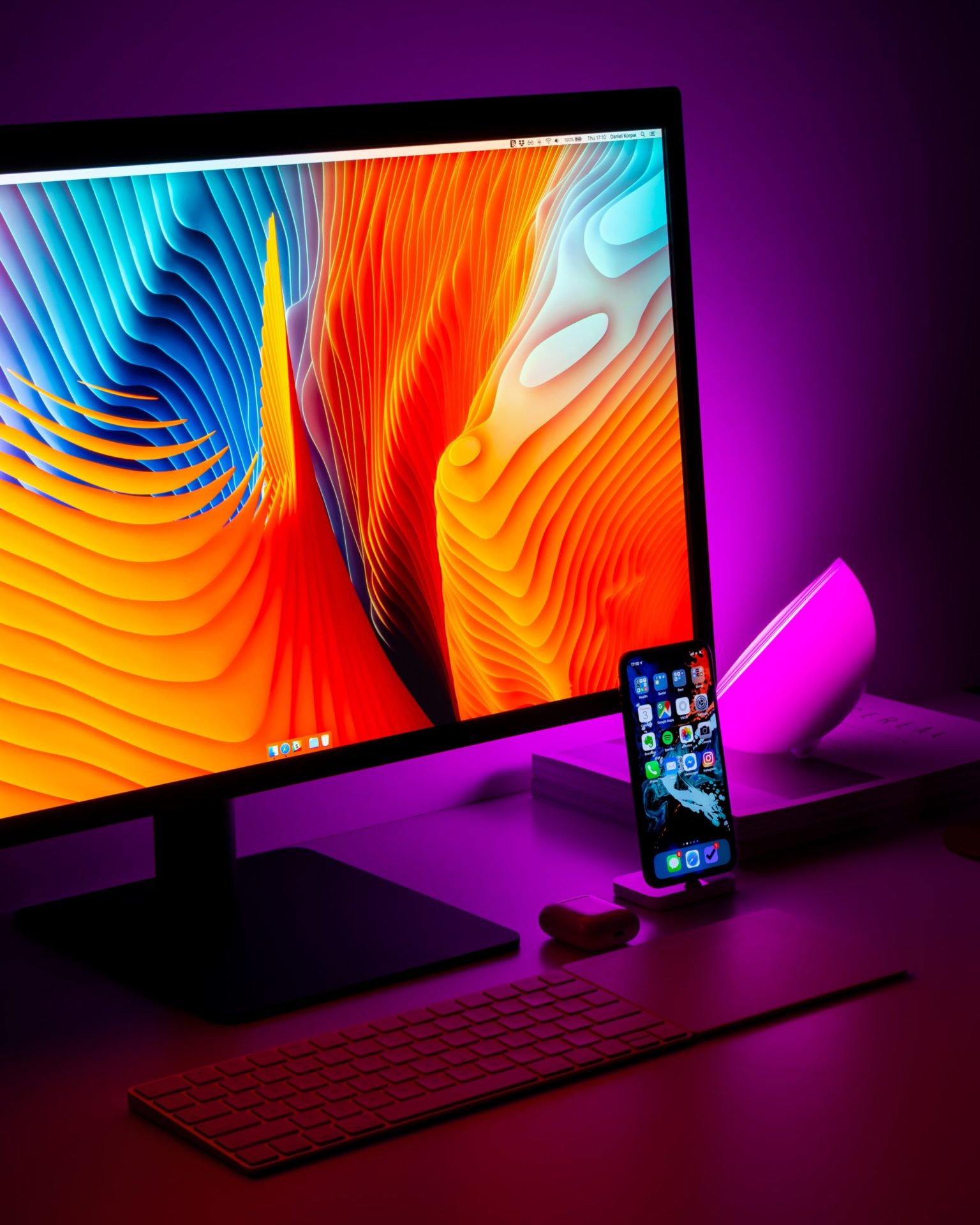POSTED : September 27, 2021
BY : Jared Dodson
Categories: Customer Engagement,Strategy & Design

Today’s experience: Tailored, interactive, intuitive, and self-directed
Digital transformation for B2B organizations has changed. The COVID-19 pandemic forced many companies to fast-track their transformation efforts to maintain operations with a remote workforce. For B2B organizations that sell complex solutions, this has been no easy task.
That’s because B2B buyers today behave more like B2C customers—they expect more personalization and general convenience in their purchasing cycle, and they prefer to engage digitally. Digital engagement offers a benefit from the seller’s perspective too: When sellers no longer need to board planes and spend time traveling to meet with customers, they increase output while decreasing the overall cost of sales.
While so much has changed over the last year, one truth remains constant: The experience buyers have with your company will be the single greatest factor in determining their likelihood of buying from you. Buyers are moving online and demanding that businesses meet them there, so the ability and the solutions to deliver a compelling buyer experience digitally will determine the winners and the losers in this current wave of competition.
At the highest level, the buyer experience must be tailored, interactive, and intuitive. Increasingly, buyers also want a self-directed experience; our research shows that a growing number of buyers already have a greater appetite to independently explore both simple and complex enterprise-grade solutions.
As such, leading B2B organizations will need to invest more in these no-touch B2B buying experiences. At a minimum, they’ll be expected to provide self-service tools for touchpoints, including discovery and solution fit. That means giving the customer information about the product or solution, including pricing, the ability to experience the product through self-guided demos, and customer base studies. When customers do reach out, they expect that you know them and any actions they’ve already taken—for example, the results of any online assessments they have taken in the process of researching your products or services is expected to inform the next conversation with a seller.
Sellers are no longer the gatekeepers of information—they’re now trusted consultants helping buyers understand complicated technologies and navigate complex purchases internally with their business’s stakeholders.
To create those types of tailored customer experiences, organizations must first empower sellers to become advisors who know how to meet the customer where they’re at and provide relevant guidance. This begins with account intelligence—sellers need a full picture of a customer’s relationship with the brand, which includes not only what they bought, and when, but also whether they’re getting value out of it and the context of their most recent marketing engagement. There’s nothing more embarrassing than reaching out to a customer with an upsell message when they’re not getting value in the first place, so it’s important for organizations to connect core data platforms.
To deliver these highly engaging touchpoints remotely, sellers need tools that can recreate the value of in-person engagements in a digital format. The touchpoints need to be more interactive and more dynamic than customers could generate in a self-serve mode. Empowering sellers with smart content based on person, industry, and type of account is key to delivering differentiated customer experiences. Delivering this at scale requires pieces of engagement, such as presentations and demos, to be both personalized and easy-to-build—a challenge that requires shrewd collaboration between designers and engineers. The underlying capability that powers these experiences is a system of connected and intelligent data that yields proactive guidance for sellers, enabling them to take action from the collective lessons of every other sales interaction.
When we think of digital selling, it’s more than video calls and slide decks. We need to reconstruct the entire sales journey to be digitally native, with experiences that differentiate at key moments.
Digital tools can be designed for self-service customer-facing needs, such as early-stage product learning, as well as seller-facing needs, including the ability to facilitate complex discussions or build proposals. When these tools are integrated into existing digital environments like a CRM, sales teams gain a 360-degree view of customers, enabling personalized, data-driven discussions and helping scale best practices across the entire organization.
The pandemic has shifted the paradigm for B2B sales, and there’s no going back—nearly nine in 10 B2B executives expect the shift toward more digital and remote go-to-market models to last beyond the pandemic. Success in this new environment will require organizations to digitally reimagine their ecosystem of customer touchpoints across the customer journey. Learn how Concentrix Catalyst creates modernized digital selling experiences that deliver results at catalyst.concentrix.com.
Article originally appeared in CIO magazine.
To gain a better understanding of the commercial customer’s experience, download our B2B.CX report.
 Jared Dodson serves as Managing Director of Digital Selling Solutions at Concentrix Catalyst. He has deep expertise in customer acquisition with a focus on B2B marketing and sales, and his passion is helping companies leverage technology to create personalized and relevant customer engagements at scale. Working with Fortune companies—such as Adobe, Microsoft, and Johnson Controls—Jared has led large-scale initiatives focused on digital selling, lead generation & management, account-based marketing, B2B & partner marketing, marketing technology, sales process, and sales enablement. Jared’s experience spans industries including high-tech, software, telecommunications, energy, and insurance.
Jared Dodson serves as Managing Director of Digital Selling Solutions at Concentrix Catalyst. He has deep expertise in customer acquisition with a focus on B2B marketing and sales, and his passion is helping companies leverage technology to create personalized and relevant customer engagements at scale. Working with Fortune companies—such as Adobe, Microsoft, and Johnson Controls—Jared has led large-scale initiatives focused on digital selling, lead generation & management, account-based marketing, B2B & partner marketing, marketing technology, sales process, and sales enablement. Jared’s experience spans industries including high-tech, software, telecommunications, energy, and insurance.
 Ethan Laser is a Senior Strategy Consultant focused on helping the world’s leading companies create disruptive growth through marketing and sales initiatives that transform buyer experiences at scale. He has deep experience in delivering go-to-market strategy, sales enablement programs, product marketing, and customer intelligence across a breadth of industries, including high-tech, telco, retail, and life sciences. Ethan’s core competency is being able to design and deliver programmatic experiences that triangulate customer/market signals, business models, and strategic priorities.
Ethan Laser is a Senior Strategy Consultant focused on helping the world’s leading companies create disruptive growth through marketing and sales initiatives that transform buyer experiences at scale. He has deep experience in delivering go-to-market strategy, sales enablement programs, product marketing, and customer intelligence across a breadth of industries, including high-tech, telco, retail, and life sciences. Ethan’s core competency is being able to design and deliver programmatic experiences that triangulate customer/market signals, business models, and strategic priorities.